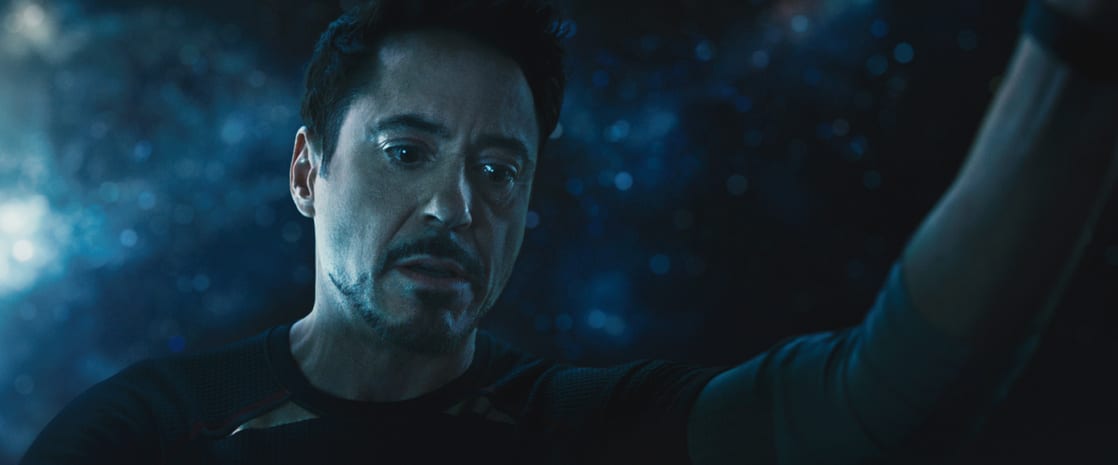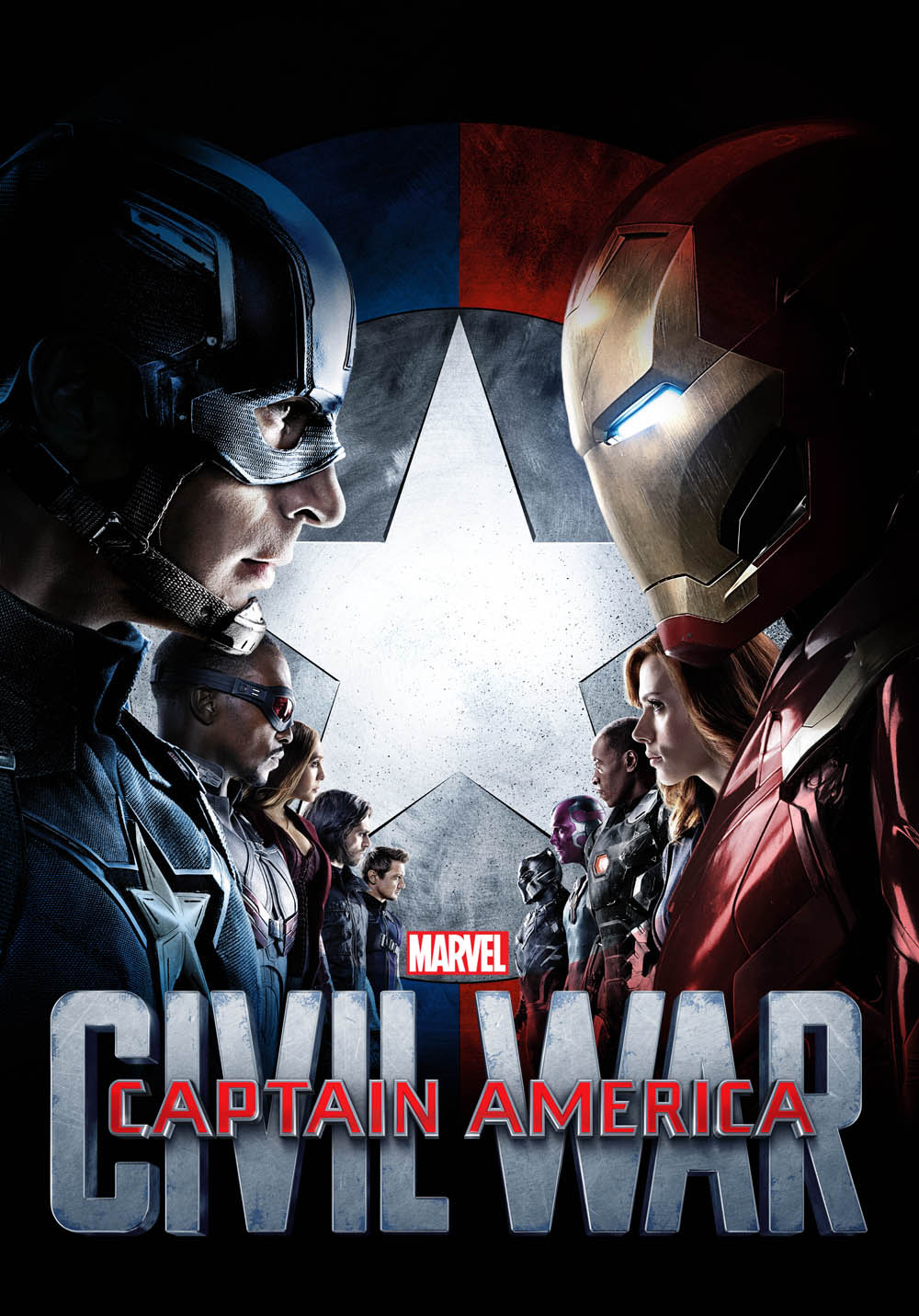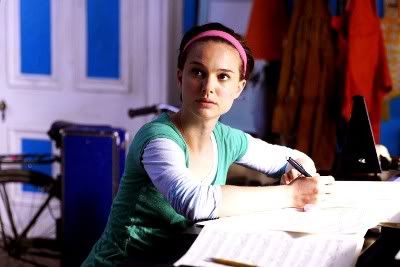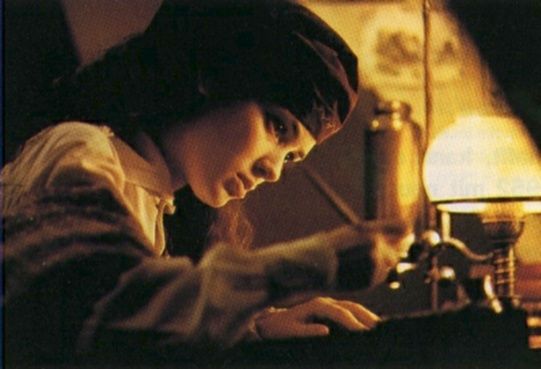Since my last post, I have re-watched both Captain America: The Winter Soldier, and Avengers: Age of Ultron a few times. It's been interesting to see the two movies in light of each other, as I've been picking up several of the hints that Marvel's been dropping. (Tangent: This is one of the reasons I love Marvel! They drop hints all over the place, just to see if their fans pick them up. This makes it enjoyable (if not necessary) to watch the movie more than once because the first time you might miss something (or a lot of things, haha).)
Let's talk Winter Soldier for a little bit.
This movie gives some very great insight to the internal struggle that, at least from my perspective, Captain America faces in general. Cap finds himself often caught between a rock and a hard place of what people expect of him and the standard he holds himself to. He's determined to do the right thing, no matter what anyone else things. The challenge therein is that not everyone holds that same position. A key moment where this is manifested is in the moment where Director Fury takes Cap to see Project Insight.
SPOILER WARNING
"For once, we're way ahead of the curve."
"By holding a gun to everyone on earth and calling it security."
"By holding a gun to everyone on earth and calling it security."
"You know I read those SSR files. Greatest generation? You guys did some nasty stuff."
"Yeah. We compromised. Sometimes in ways that made us not sleep so well. But we did it so people could be free. This isn't freedom. This is fear."
"SHIELD takes the world as it is, not as we'd like it to be. And it's getting [high] time for you to get with that program, Captain."
"Don't hold your breath."
Fury, like some others, doesn't see much value in Cap's commitment to doing what's right. He seems to have one mindset: security, security, security. This isn't a bad thing. It's important and, in many ways, necessary. There is a responsibility to respect the innocent. But there's also a need to respect man's free will. The trouble with Project Insight is that it does not take into any account the possibility of conversion: it doesn't believe that people can change for the better. Cap makes a very good point when he says: "I thought the punishment usually came after the crime." Fury responds: "We can't afford to wait that long." Protective measures are important, absolutely. But, like Cap says, operating under the mindset of punishing before the crime (and denying the truth that people can change) is operating under the influence of fear, not a respect for and protection of freedom.
Now, let's jump back over to Age of Ultron to the "chopping wood" scene with Cap and Ironman (one of my favorite parts).
"Thor didn't say where he was going for answers?"
"Sometimes my teammates don't tell me things. I was kind of hoping Thor would be the exception."
"Sometimes my teammates don't tell me things. I was kind of hoping Thor would be the exception."
"Yeah, give him time. We don't know what the Maximoff kid showed him."
"I don't know what she showed you. I just know it made you do something stupid. Earth's mightiest heroes, and they pulled us apart like cotton candy."
"I don't know what she showed you. I just know it made you do something stupid. Earth's mightiest heroes, and they pulled us apart like cotton candy."
"Seems like you walked away all right."
"Is that a problem?"
"I don't trust a guy without a dark side. Call me old fashioned."
"Well, let's just say you haven't seen it yet."
"Every time someone tries to end a war before it starts, innocent people die. Every time."
I like this moment of the movie because it reveals something in both Ironman and Cap. Ironman (Tony) has a good heart and good intentions. He wants to protect people; not just the world, but his friends, his teammates. They matter to him. That shows more clearly than ever both when Scarlet Witch messes with his mind, and when he talks to Fury about it directly after the chopping wood scene.
In this moment, it's clear that what Tony cares about is protecting his friends and his planet. His fear of losing both, of failing, is what drove him to create Ultron. Ultron wasn't a bad idea, it just was a rushed job and they didn't fully understand what they were dealing with until is was too late. The driving force behind it was more fear than reason. This is where things can get dangerous. When fear takes control and reason is put on the back burner, bad things happen. But, Tony is human, like the rest of us. We fail. We make bad choices. But we keep trying to do better. That's one of the reasons I love Tony. He depicts the human struggle so well.
But returning to the main man of this post, I realize that many people dislike Cap because he doesn't seem to exhibit this human struggle. Well, I think people are wrong about that, and I think that Civil War is going to show us just how wrong we've been in assuming that. He hinted at it himself: "Let's just say you haven't seen [my dark side] yet." But put him in a position where suddenly he's not just dealing with saving the world and helping his friends, but he also has to consider how he can help his childhood best friend who everyone thinks is a villain.... I think we're going to have a very interesting dynamic there. This is where the human struggle comes in. It can be simple enough to know the right thing to do when the struggle is outside of us. But put yourself in a situation where you're torn between someone who's been with you from the beginning and someone who's recently become a good friend, and they're not on the same side, ...that's a struggle. Deciding between putting yourself and others in check, and exposing people who, if discovered, may be in real danger...also a tough choice. This is the drama that I think is going to be played out in Civil War. But we'll see if I'm right. Marvel has a way of throwing us curveballs that we didn't see coming (and I love them for it).
In most of what we've seen so far, Cap's struggle is more focused on living virtue and being a good man in a society that doesn't really support that. In many ways, he's like the Church. People want him to get with the times and leave behind those values that have been instilled in him and that he has chosen to hold onto. But that's unrealistic for them to expect him to "get with the times" because those values are a part of who he is. Without them, what would he be? They have been part of his life for so long that living without them is unthinkable. But, what I also see in Cap, is that he really does try to understand that not everyone has that same disposition. Not everyone is as committed to doing what's right as he is, or maybe they're just not as capable of doing the highest form of good because they're still learning how to do what's right. This is apparent in both Winter Soldier and Age of Ultron.
I know I talked about this in my other post on Captain America, but I think it's worth repeating. In Winter Soldier, it's clear that Cap doesn't always agree with Natasha or her methods. But, nevertheless, he wants to be her friend. He cares about her. I also think that this ends up being inspiring to Natasha because, in the scene that the image above is from, what else would motivate her to ask the question: "If it was the other way around, and it was down to me to save your life, and you be honest with me, would you trust me to do it?" She wants to know that Cap trusts her. Why? Because she trusts him, and she wants to be trustworthy like that. But I also love how, at this point in the movie, Cap is not at all judgmental of Natasha. He knows where she's been, he knows some of what she's done; but that doesn't stop him from wanting to be her friend.
But meeting someone where they are shouldn't mean you're necessarily content to let them stay there. A big part of truly transformative friendships is that those friends call each other on and challenge one another to be better.
One of my favorite lines from Age of Ultron (though I have many) follows Natasha's teasing remark at Barton's house when the Avengers are all gathered with Fury.
 |
| Screenshot from: https://www.youtube.com/watch?v=zdeL2rXhThY |
"Steve doesn't like that kind of talk."
"You know what, Romanoff?"
Fury says: "Well then what does he want?"
Steve replies: "To become better. Better than us."
What is that but a description of the practice of virtue? We strive to become better, better than us. Not in a way that who we are is obliterated, but that who we are is transformed. That's the way grace works: it doesn't utterly destroy what was there before; it purifies it of all imperfections and makes it into something greater. This isn't possible by ourselves; only through the gift of grace. In other words, holiness isn't just staying you and adding Jesus to the picture; it's letting yourself be transformed by Jesus into the person that He made you to be (which is better than anything we could imagine for ourselves).
Throughout Age of Ultron there's this ongoing joke of teasing Cap about his dislike of foul language. This is highly entertaining. But I think people often miss that Cap, as the movie goes on, decides to be understanding of his fellows and that maybe he can't expect them all to not use that kind of language. That doesn't mean he has to like it; it just might mean that he doesn't comment on it, but he might show some sign of disapproval. There's nothing wrong with that. Personally, I'm not a person who uses foul language. People around me might; I don't run away covering my ears. It's part of life. Some people are okay with talking that way. That doesn't mean I have to be; it also doesn't mean I have to lecture them over it. But we're getting onto another tangent, so I'm going to bring it back again. Cap learns to meet his teammates where they are. He doesn't lecture. He even admits that his remark, "Language!" slipped out. It's not a matter of criticism. It's a matter of becoming better.
Now, in preparation for Civil War, I want to comment on a few things I noticed in the trailer for the new movie (which you can watch here.)
Please indulge me here, as I have not read the comics and, as a result, the following is purely speculation on my part given the movies thus far and my own perspective(s).
Boom. First line:
"With this job, you try to save as many people as you can. Sometimes that doesn't mean everybody; but you don't give up."
Cap puts into words the challenge of being looked to as a hero. You do whatever you can to save as many people as possible. Even then, you might lose someone. But that doesn't mean you stop trying.
(NEXT PARAGRAPH CONTAINS SPOILERS from AGE OF ULTRON.)
In the next few seconds of the trailer, where footage is being shown of the destruction wracked upon the world in the times where the Avengers have saved the world, I especially noticed Cap's concern for Scarlet Witch. She is obviously distressed at seeing the destruction of her home and the memories tied to that fight. Seeing that distress, Cap wants to help, and simply says: "Okay. That's enough." Again, I think this is revelatory of a heart for others. He knows what it is to lose someone, and he sympathizes with the hurt that loss can bring.
(END OF SPOILERS.)
"Captain, people are afraid."
Enter Ironman.
"We need to be put in check. Whatever form that takes, I'm game."
"I'm sorry, Tony. If I see a situation pointed south, I can't ignore it. Sometimes I wish I could."
"Sometimes I want to punch you in your perfect teeth."
"Sometimes I want to punch you in your perfect teeth."
"I know we're not perfect, but the safest hands are still our own."
Here's my take on this scenario: Ironman has a valid point. Humans with superpowers can be a very dangerous thing. Some regulation may indeed be necessary to prevent further destruction or to prevent that destruction being blamed on the wrong people.
However, with what Tony is suggesting (POSSIBLE SPOILERS)
which, from what I've heard is that superheroes would be required to be registered,
(END OF POSSIBLE SPOILERS)
the danger may be that certain heroes who want to keep a low profile for legitimate reasons. For instance, Hawkeye, (POSSIBLE AGE OF ULTRON SPOILERS)
who might want to protect his family by keeping his location (and theirs) secret, would no longer be able to do so. Suppose that registration information gets into the wrong hands? Suddenly, earth's mightiest heroes are in danger of being helpless to save the world because they are neutralized before the trouble even starts or taken out of the picture entirely. Like so many other things in life, an appropriate balance has to be struck. How do you keep the world safe without exploiting those who help to keep it safe? I'm curious to see the outcome of this difference of opinion in the new movie.
(END OF POSSIBLE SPOILERS)
"I'm sorry, Tony. If I see a situation pointed south, I can't ignore it. Sometimes I wish I could."
I think Cap expresses here a struggle that many of us have, at least internally. We might see where a situation is bound to go. We might want to ignore it and let people make their own mistakes. Sometimes that's all right; sometimes it's necessary. But in this particular situation, Cap realizes he can't just turn a blind eye because, if he does, a lot of people might be put in serious danger, including his friends. He can't responsibly let this mistake be made because he knows the outcome could be detrimental. Cap acknowledges that the Avengers (including himself, since he says "we" not "you guys") are not perfect. They've made mistakes. But, at the same time, Cap knows his teammates well enough to know that what they want is to protect people. So long as that's what their powers are being used for, there shouldn't be a problem. But Ironman sees the weaker side of man (which is not a bad thing). He sees that these heroes, even the ones he trusts so much, have and can still make mistakes that might have a very high cost. Perhaps, in his own failures, he's experienced that dramatic shift where one moment you're saving the world and the next you're serving yourself (I'm thinking of Ironman 2 here mostly, but it's been a while since I've seen it.) He acknowledges that weakness in himself, and he realizes that it's not just his problem. Others might have that same temptation. That's what he wants to prevent.
This is why, for me, it's a tough draw. I'm not sure exactly what side I'm on yet. I may not choose one, simply because I can see that both sides might be right about some things and wrong about others. That's humanity for you. My gut tells me that Cap has the right idea; but I also like him a lot, so I don't want that bias to creep into my decision too much. But I also love Ironman, and I think his opinion of the need for some restriction may be well-founded.
I won't go into the rest of the trailer, since I think it speaks for itself, and I want to leave room for others to speculate.
Marvel has me hooked for next week's release. Tears will probably be shed. Hearts will be broken. It's going to be hard to watch these two characters, both whom I love, pitted against one another. But, knowing Marvel, there's great potential and I am excited for what is to come.
















